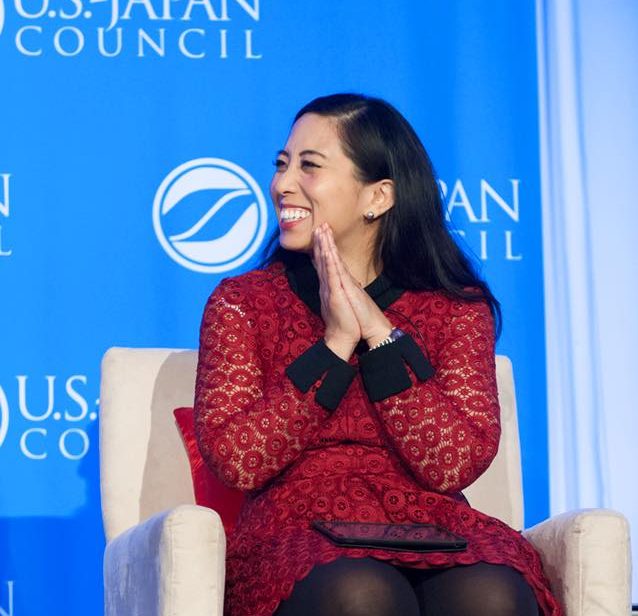This article is part of the Community Insight series of articles and op-eds from members in our community. If you would like to be featured in an article, please click here.
Why is Women’s History Month celebrated in March? The answer is influenced by a bit of history.

As the first woman of color elected to the United States Congress in 1964, Representative Patsy Mink realized early on that she had a “dual role” representing not only her home state of Hawaii, but also representing the voice of all women in the country. She was one of only eight women in Congress at the time and as a Japanese American, the first Asian American woman ever elected.
When I was 10 years old, I met Congresswoman Mink on the floor of the House of Representatives. I didn’t realize it when we met, but Representative Mink’s imprint was all over the fabric of my life as a woman of color. A key author of Title IX, the law that brought gender parity to sports, and the Women’s Educational Equity Act to promote gender equality in schools, she fought for representation and against discrimination. Representative Mink embodied the spirit of “#EachforEqual,” this year’s 2020 Women’s History Month theme. It is the idea that together we can help create a gender equal world. In our history to achieve a more equitable world, one month has consistently stood out among the rest: March.
Title IX and the Equal Rights Amendment were both signed into law in March 1972. The first suffrage parade was held in March 1913 and the National Women’s Party officially formed in March 1917 as a group dedicated to women’s suffrage. These historic milestones coincide with the reason we celebrate Women’s History Month in March. The celebration actually started off as a single day, March 8, built up to a “Women’s Week,” and grew into a month-long celebration recognized by Congress in March 1987. Coincidentally, “Girls Day” in Japan is also celebrated in March.
Within USJC, I am proud of the focus on women’s leadership through a variety of programs, like the Japanese Women’s Leadership Initiative and the Regional Women in Leadership events. Creating opportunities to celebrate the accomplishments, perseverance, and strength of women benefits all of us. In particular, it affords us the ability to learn from history and build upon its foundation. On a personal note, it serves as a reminder that you never know who you’ll meet, they may be a Japanese American female pioneer who helped shape history.
—Ellen Kamei (ELP ’15 and Vice Mayor of the City of Mountain View, CA)